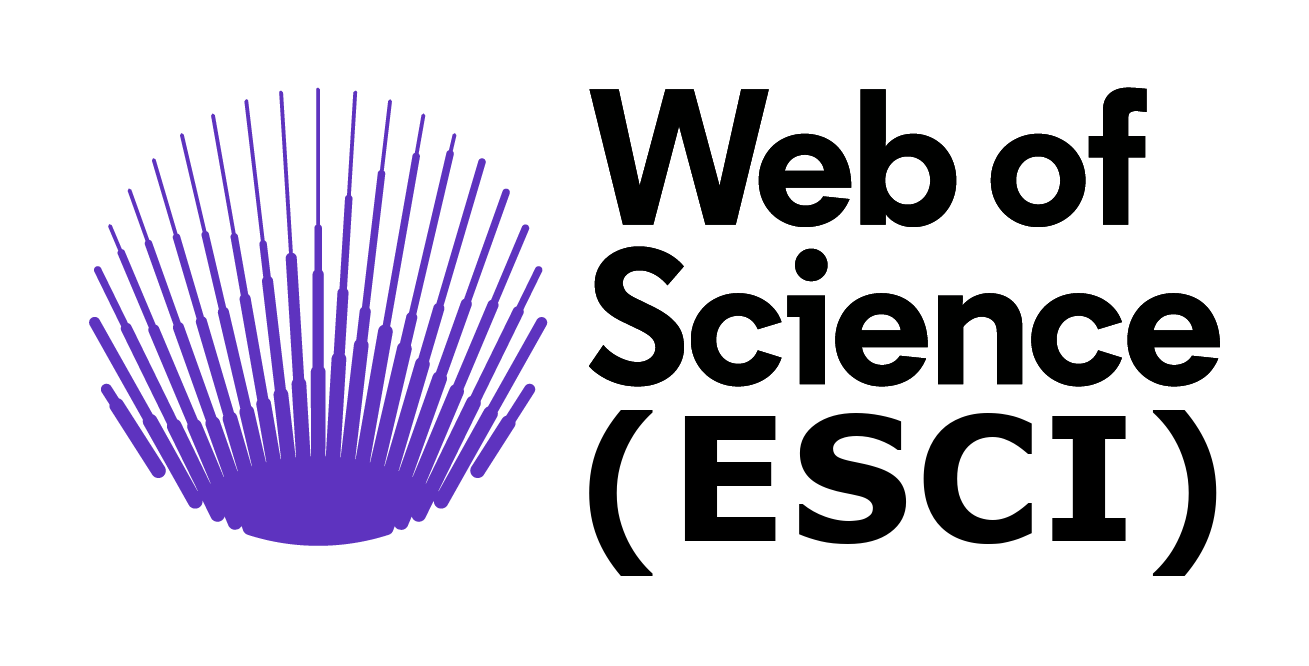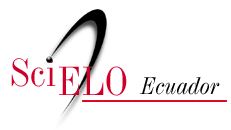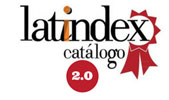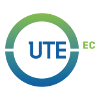An ontology-based approach to support the knowledge management of software quality standards
DOI:
https://doi.org/10.29019/enfoqueute.946Keywords:
Quality standards, ontology, software, knowledge managementAbstract
Nowadays, the quality of software systems is crucial for companies to provide high-quality services and products. However, a wide number of software projects still fail. To increase the success probability of projects, it is suitable to adopting software quality standards to guide the process. However, standards are commonly described by means of natural language making difficult its analysis. For example, it is not easy to choose the most suitable standard according to the characteristics of a project. Furthermore, the usage of natural language hinders the automatic detection of inconsistencies and ambiguities. On the other hand, ontologies are an artificial intelligence technique that has been successfully used to represent and analyze knowledge in numerous domains because its capacity to enable the automatic validation and consistency checking of the represented information. This paper aims to present an ontology-based approach to describe and analyze software quality standards. Since this ontology can represent the knowledge of several standards, a reasoner may automatically validate the information and infer new knowledge. This ontology might support the reduction of conceptual ambiguity of standards descriptions and improve its understanding.
Downloads
References
J. Johnson, "CHAOS 2020: Beyond Infinity Report," Standish Group, 2020. Available: https://www.standishgroup.com/news/49.
C. M. University. "Software Engineering Institute.", 2023. Available: https://www.sei.cmu.edu/.
P. M. Institute, A guide to the project management body of knowledge (PMBOK guide). Sixth edition (PMBOK guide). Project Management Institute, 2017. Available: https://www.pmi.org/pmbok-guide-standards/foundational/pmbok.
A. Berko et al., "Application of ontologies and meta-models for dynamic integration of weakly structured data," in 2020 IEEE Third International Conference on Data Stream Mining & Processing (DSMP), 2020: IEEE, pp. 432-437, Available: https://ieeexplore.ieee.org/document/9204321.
P. Manika, E. Xhumari, A. Ktona, and A. Demiri, "Application of Ontologies and Semantic Web Technologies in the Field of Medicine," in RTA-CSIT, 2018, pp. 24-30. Available: http://ceur-ws.org/Vol-2280/paper-04.pdf.
Z. Zhang and X. Zhang, "The application of ontologies on knowledge sharing in software development projects," in Frontiers in Enterprise Integration: CRC Press, 2020, pp. 335-340, Available: https://www.taylorfrancis.com/books/edit/10.1201/9781003061090/frontiers-enterprise-integration-li-xu.
M. Bhatia, A. Kumar, and R. Beniwal, "Ontologies for software engineering: Past, present and future," Indian Journal of Science and Technology, vol. 9, no. 9, pp. 1-16, 2016, Available: https://indjst.org/download-article.php?Article_Unique_Id=INDJST5833&Full_Text_Pdf_Download=True.
L. Yang, K. Cormicana, and M. Yub, "Ontology-based systems engineering: A state-of-the-art review," Computers in Industry, vol. 111, pp. 148–171, 2019, Available: https://www.sciencedirect.com/science/article/abs/pii/S0166361518307887.
S. P. Roger and R. M. Bruce, Software engineering: a practitioner’s approach. McGraw-Hill Education, 2015. ISBN: 9780073523293. Available: https://dl.acm.org/doi/book/10.5555/1593888.
I. Sommerville, Software engineering—9th ed. Addison-Wesley, 2011, pp. 978-0. SBN-10: 137035152. Available: https://www.academia.edu/58171756/Software_Engineering_9th_by_Ian_Sommerville.
L. Fonseca and J. P. Domingues, "ISO 9001: 2015 edition-management, quality and value," International journal of quality research, vol. 1, no. 11, pp. 149-158, 2017. Available: http://hdl.handle.net/10400.22/9677.
S. Andrade, M. D. Schmitt, B. C. Storck, T. Piccoli, and A. B. Ruoff, "Documentary analysis in nursing theses: data collection techniques and research methods," Cogitare Enferm, vol. 23, no. 1, p. e53598, 2018, Available: https://revistas.ufpr.br/cogitare/article/view/53598/pdf_en.
S. Crowe, K. Cresswell, A. Robertson, G. Huby, A. Avery, and A. Sheikh, "The case study approach," BMC medical research methodology, vol. 11, no. 1, pp. 1-9, 2011, Available: https://bmcmedresmethodol.biomedcentral.com/counter/pdf/10.1186/1471-2288-11-100.pdf.
T. R. Gruber, "A Translation Approach to Portable Ontology Specifications," Knowledge Acquisition, 1993, Available: https://www.sciencedirect.com/science/article/abs/pii/S1042814383710083.
N. O. Bajnaid, "An ontological approach to model software quality assurance knowledge domain," Ph.D. dissertation, London Metropolitan University, 2013. Available: https://repository.londonmet.ac.uk/id/eprint/7427.
M. C. Suárez-Figueroa, A. Gómez-Pérez, E. Motta, and A. Gangemi, Ontology engineering in a networked world. Springer-Verlag Berlin Heidelberg. 2012, pp. 1-435, Available: https://link.springer.com/content/pdf/10.1007/978-3-642-24794-1.pdf.
A. Sattar, E. S. M. Surin, M. N. Ahmad, M. Ahmad, and A. K. Mahmood, "Comparative analysis of methodologies for domain ontology development: A systematic review," Int. J. Adv. Comput. Sci. Appl., vol. 11, no. 5, pp. 99-108, 2020, Available: https://thesai.org/Downloads/Volume11No5/Paper_15-Comparative_Analysis_of_Methodologies.pdf.
M. Keet, An introduction to ontology engineering. Maria Keet Cape Town, 2018. Available: http://repository.aust.edu.ng/xmlui/handle/11427/28312.
M. Horridge, "A Practical Guide To Building OWL Ontologies Using Protégé 4 and CO-ODE Tools Edition 1.2," The University Of Manchester, Manchester, 2009. Available: https://www.academia.edu/download/56546069/ProtegeOWLTutorialP4_v1_3.pdf.
E. Sirin, B. Parsia, B. C. Grau, A. Kalyanpur, and Y. Katz, "Pellet: A practical owl-dl reasoner," Journal of Web Semantics, vol. 5, no. 2, pp. 51-53, 2007, Available: https://www.sciencedirect.com/science/article/abs/pii/S1570826807000169.
M. Poveda-Villalón, A. Gómez-Pérez, and M. C. Suárez-Figueroa, "Oops!(ontology pitfall scanner!): An on-line tool for ontology evaluation," International Journal on Semantic Web and Information Systems (IJSWIS), vol. 10, no. 2, pp. 7-34, 2014, Available: https://www.igi-global.com/gateway/article/full-text-pdf/116450.
J. Čabarkapa, "Analysis and comparison of ISO 21500-Guidance on project management and PMBOK 6th Guide," in 5th IPMA SENET Project Management Conference. Paris, Francia: Atlantis Press, 2019, pp. 266-271, Available: https://www.atlantis-press.com/article/125925995.pdf.
Published
How to Cite
Issue
Section
License
Copyright (c) 2023 The Authors

This work is licensed under a Creative Commons Attribution 3.0 Unported License.
The articles and research published by the UTE University are carried out under the Open Access regime in electronic format. This means that all content is freely available without charge to the user or his/her institution. Users are allowed to read, download, copy, distribute, print, search, or link to the full texts of the articles, or use them for any other lawful purpose, without asking prior permission from the publisher or the author. This is in accordance with the BOAI definition of open access. By submitting an article to any of the scientific journals of the UTE University, the author or authors accept these conditions.
The UTE applies the Creative Commons Attribution (CC-BY) license to articles in its scientific journals. Under this open access license, as an author you agree that anyone may reuse your article in whole or in part for any purpose, free of charge, including commercial purposes. Anyone can copy, distribute or reuse the content as long as the author and original source are correctly cited. This facilitates freedom of reuse and also ensures that content can be extracted without barriers for research needs.
This work is licensed under a Creative Commons Attribution 3.0 International (CC BY 3.0).
The Enfoque UTE journal guarantees and declares that authors always retain all copyrights and full publishing rights without restrictions [© The Author(s)]. Acknowledgment (BY): Any exploitation of the work is allowed, including a commercial purpose, as well as the creation of derivative works, the distribution of which is also allowed without any restriction.























 Enfoque UTE - Facultad de Ciencias de la Ingeniería e Industrias - Universidad UTE
Enfoque UTE - Facultad de Ciencias de la Ingeniería e Industrias - Universidad UTE